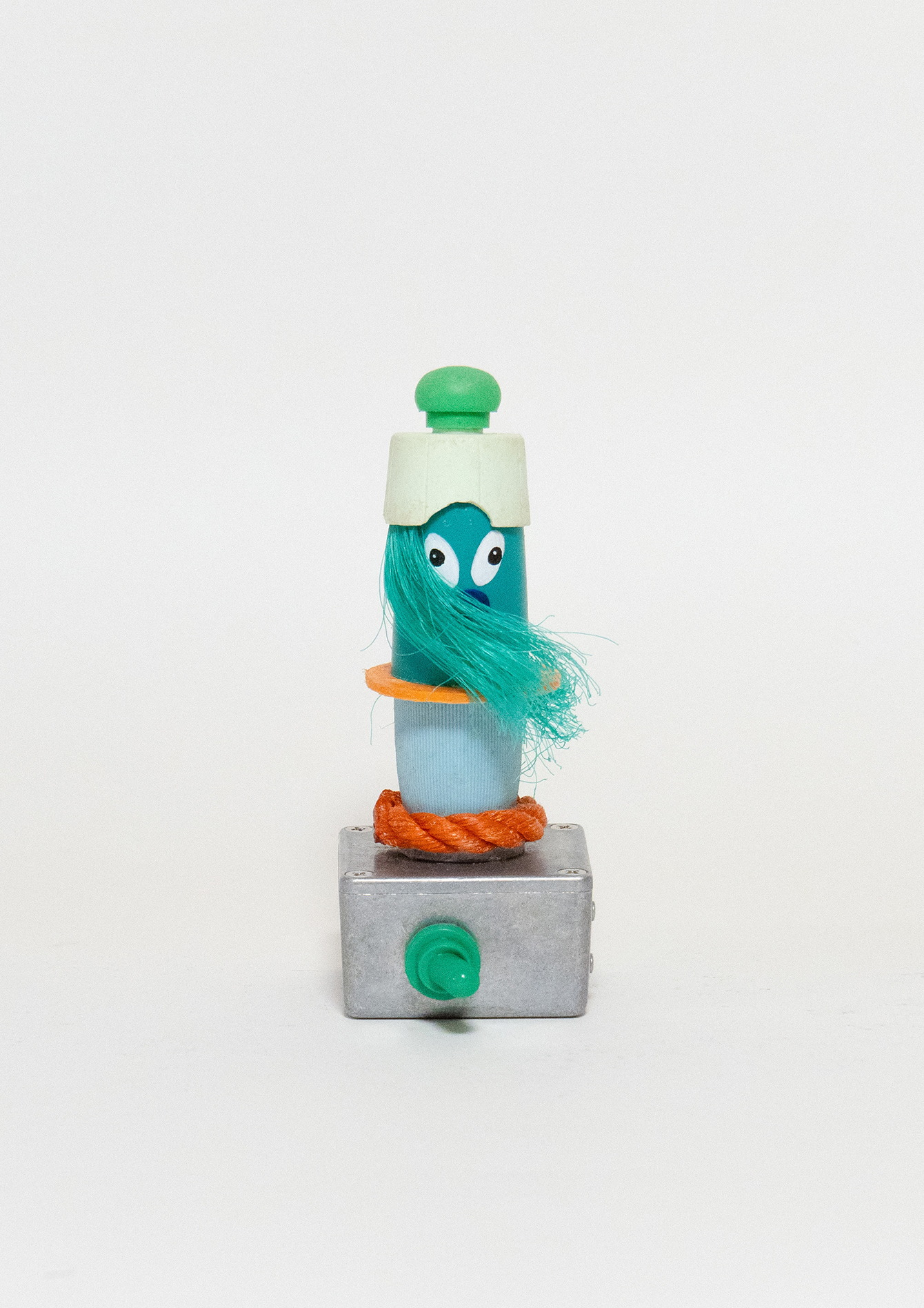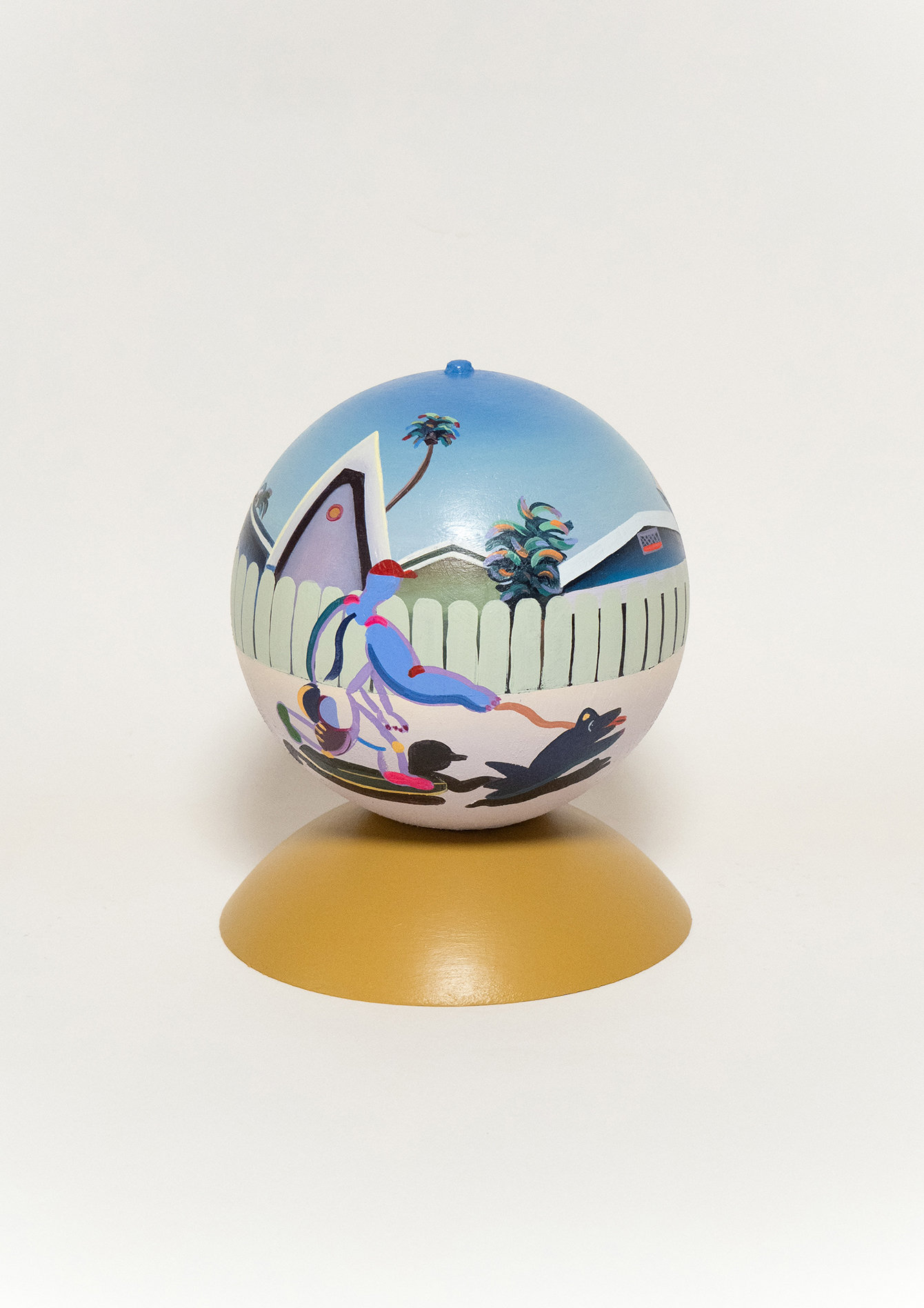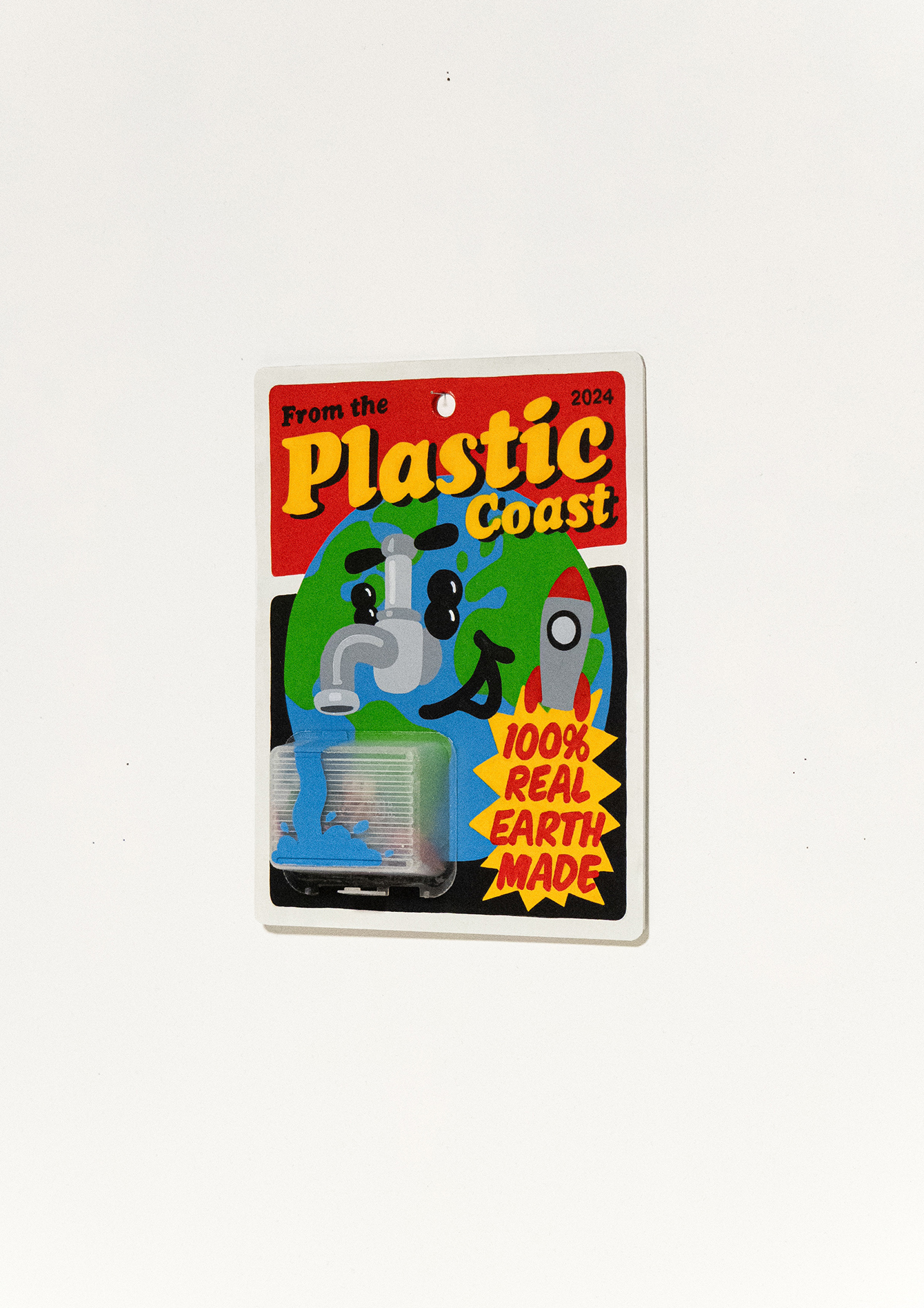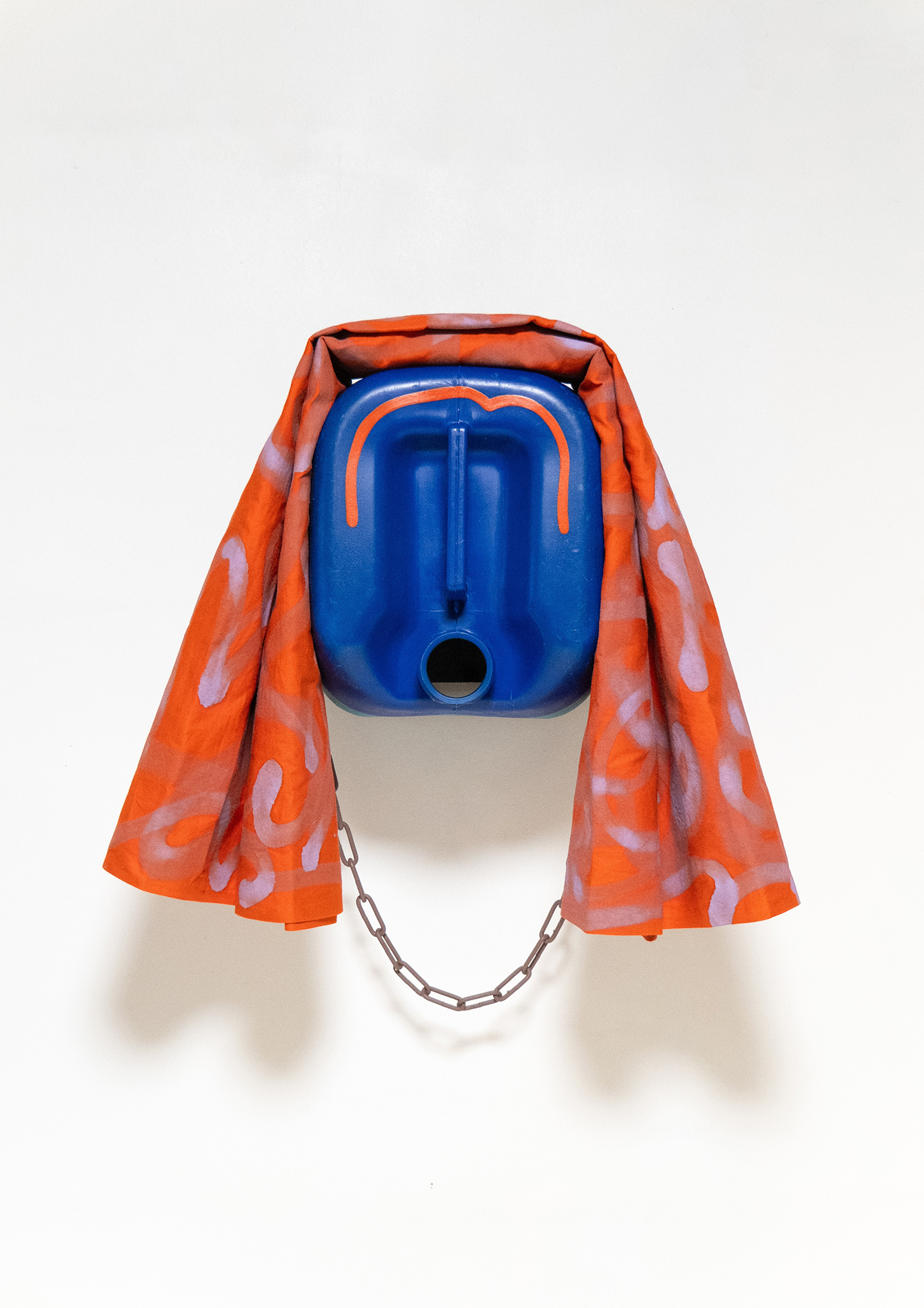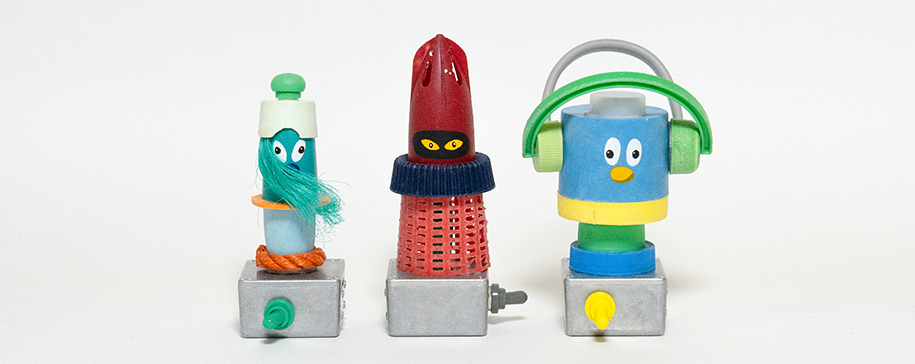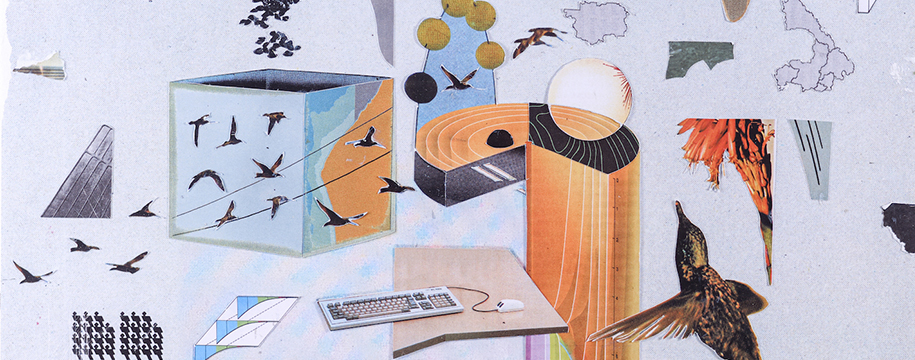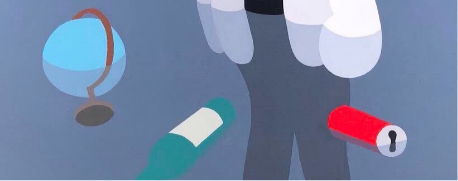EXHIBITION
- #04
- Plastic CoastMarch.2024
Tsushima is an island floating between the Korean Peninsula and Kyushu. Since ancient times, Tsushima has been an important place of trade and exchange and people and culture have been delivered to Japan from the continent through Tsushima. Today, however, the island has become a place where marine debris have been delivered.
Tsushima City in Nagasaki Prefecture is said to be the municipality with the most marine debris washed ashore in Japan. In addition to the plastic waste that we generate in our daily lives in the city, there is another serious type of plastic waste that is often overlooked in marine pollution, that is, "ghost gear".
Ghost gear refers to fishing nets, ropes, buoys, and other fishing gear that are lost from fishing work or dumped to the ocean on purpose. On the coast of Tsushima, these ghost gears are piled up like artificial rocks. Tsushima, surrounded by the beautiful blue ocean, but at the same time surrounded by a large amount of garbage on the beach. Not a lot of garbage in a big city, but a lot of garbage in a beautiful rural island. This oddity is the very contradiction of human.
Ghost gear not only pollutes the ocean, but also damages marine lives and destroys the ecosystem. It should be easy to imagine that the marine ecosystem is essential to human life. Since it is fishing gear, people may not feel responsible for it, and rather may push responsibility to fisherman. Is that really true?
-
- A Day In Muni
- Pimlico Arts Japan x Yusuke Hanai
-
- About to Encounter
- Yufi Yamamoto
-
- Gift from the Earth
- Hikaru Matsubara
-
- Till We’re Blue in the Face
- Keeenue
-
- Scrap of MONUMENT
- Tomoyuki Washio
